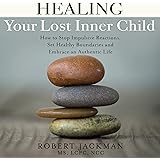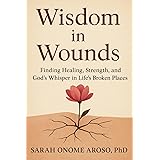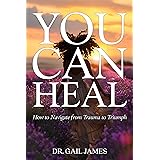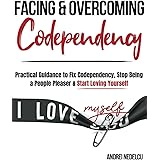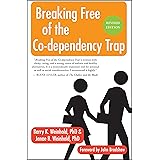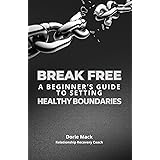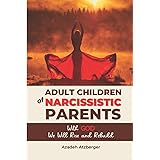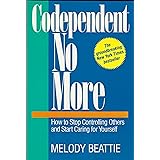The video above rightly points out that drug addiction is a serious issue. It affects many individuals. This problem weakens people and can ruin families. Addiction creates a difficult cycle. Understanding this challenge is the first step. Solutions are needed for those caught in its grasp.
The Impact of Drug Addiction on Lives
Drug addiction creates far-reaching consequences. It harms the body’s health. The mind also becomes clouded. People often lose their control. A dependence on the substance develops. This cycle makes quitting very hard. Life quality is greatly reduced.
How Addiction Affects the Body
Physical health suffers greatly. Vital organs are often damaged. This includes the liver and heart. The immune system weakens. This makes a person sick more often. Many long-term health problems can arise. Overdoses are a constant danger.
Mental and Emotional Toll
Mental well-being is heavily impacted. Decision-making skills decline. Clear thinking becomes difficult. Mood swings are common. Feelings of hopelessness can set in. Anxiety and depression are frequent companions. A person’s personality may change.
Social and Relational Challenges
Addiction also strains relationships. Family bonds can break down. Friendships often suffer. Social isolation becomes a reality. Work or school performance drops. Legal problems may also emerge. These issues further trap the individual.
Why Young People Fall into the Trap
The video explains key reasons for youth addiction. Peer pressure is a strong influence. Curiosity also plays a role. Feelings of frustration can lead to drug use. Young individuals might not see the dangers. Education about these risks is vital.
Peer Pressure and Social Influences
Wanting to fit in is natural. Friends’ choices can seem appealing. Pressure to try drugs can be immense. Refusing this pressure is hard. Many young people give in. They just want to belong.
Curiosity and Experimentation
Some are just curious. They wonder what drugs feel like. Experimentation seems harmless at first. It can quickly become a habit. The brain learns to crave the substance. This path leads to dependence.
Coping with Frustration or Stress
Life can be stressful for youth. School, family, and future worries exist. Drugs may seem to offer escape. They provide temporary relief. This coping mechanism is unhealthy. It only worsens problems later.
Pathways to Recovery and Prevention
There is hope for those struggling. The video mentions several solutions. Awareness is a powerful tool. Strong willpower is also needed. Proper medical help is crucial. These elements combined offer a way out.
The Importance of Awareness and Education
Knowing the risks helps prevent use. Education on drug effects is key. Young people need true facts. They must understand the consequences. Open discussions remove stigma. This knowledge empowers good choices.
Building Willpower and Resilience
Overcoming addiction requires strength. A person must commit to change. Willpower is built over time. It is a daily effort. Resilience helps face setbacks. Support systems boost this strength.
Professional Medical and Therapeutic Help
Addiction is a disease. It often requires medical care. Doctors can manage withdrawal symptoms. Medications may assist recovery. Therapy helps address root causes. Counseling provides coping strategies.
Community Support and Rehabilitation Efforts
Society has a big role to play. Parents and teachers guide youth. Rehabilitation centers offer structured help. Counseling services provide support. A brighter future is possible through these efforts.
The Role of Family and Educators
Parents provide a safe home. They teach healthy values. Teachers educate and mentor. They spot early warning signs. Both groups offer vital guidance. Their involvement is indispensable.
Effective Rehabilitation Programs
Rehab centers offer a fresh start. They provide a safe environment. Structured routines are established. Therapy sessions are regular. Learning new life skills happens there. These programs support long-term change.
Counseling and Ongoing Support
Individual counseling helps personal issues. Group counseling offers peer support. These sessions build community. They reinforce recovery principles. Ongoing support prevents relapse. It helps individuals stay strong in their fight against drug addiction and recovery.



